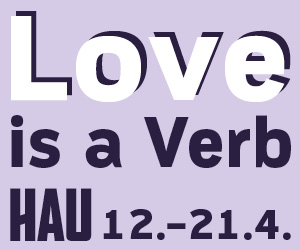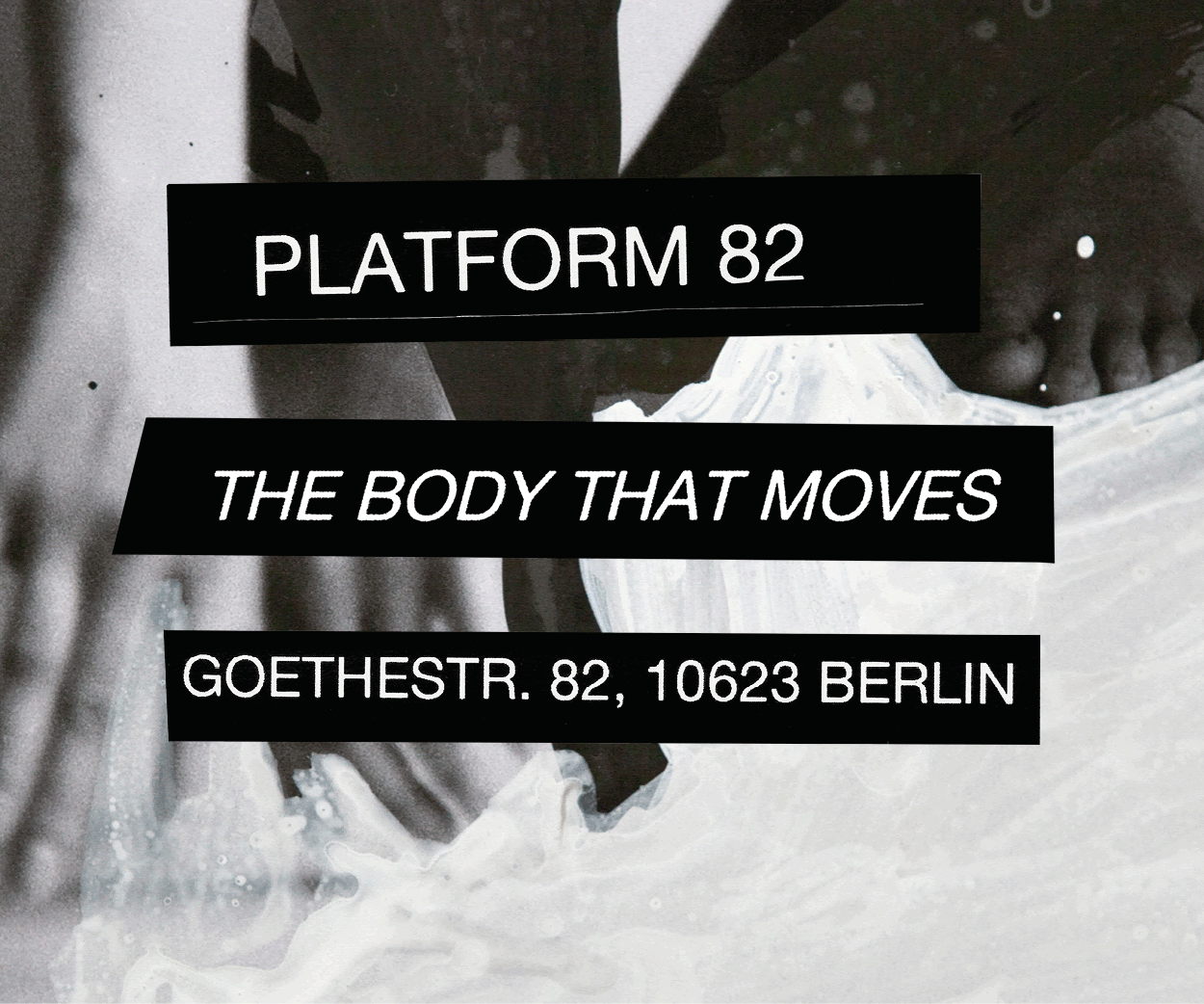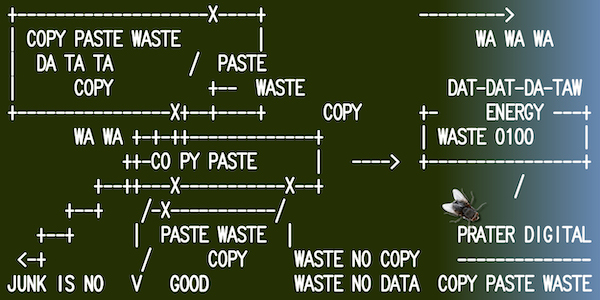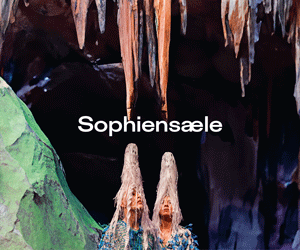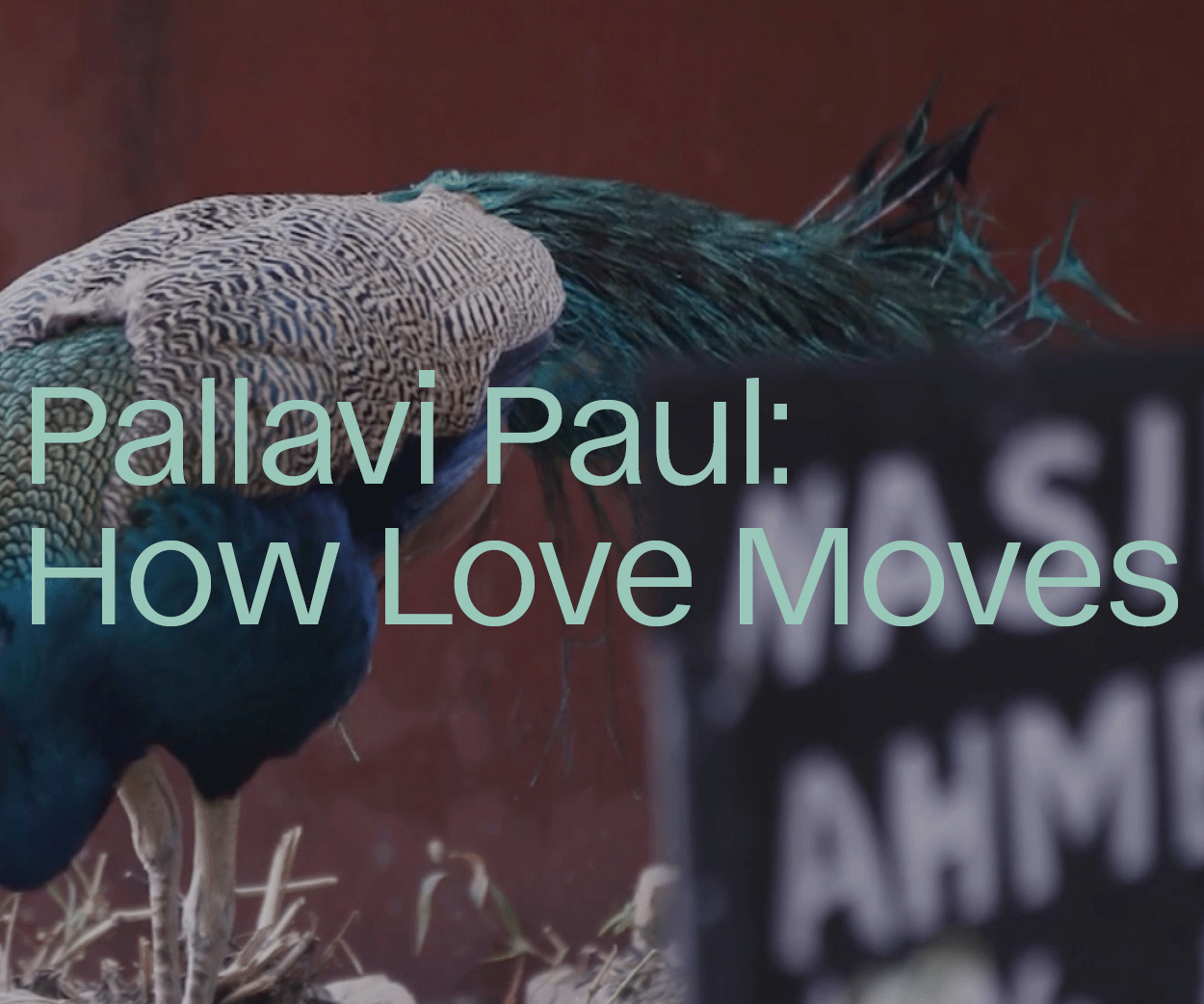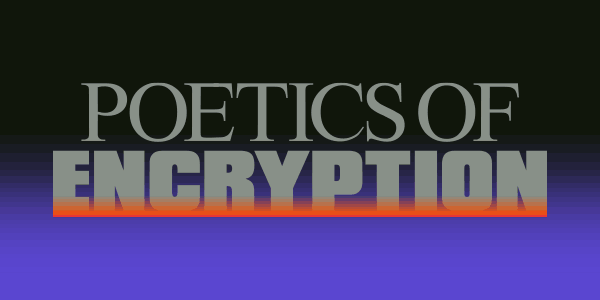Sunday, March 20, 2011
On March 11, 2011 a panel discussion was held in Berlin’s HAU 1 Theater regarding the open letter from the Berlin arts community to Klaus Wowereit.
Based in Berlin, a temporary exhibition featuring Berlin artists, has ignited a furious debate about the promotion and funding of art in the city. The exhibition is slated for a June 2011 start, and über-curators Klaus Biesenbach (MoMA, PS1), Christine Macel (Centre Pompidou) and Hans-Ulrich Obrist (Serpentine Gallery) will oversee it. An Open Call for participants was issued in October, and many artists chose to boycott it.
In January, Ellen Blumenstein and , organisers of Salon Populaire, sent an open letter to the mayor of Berlin, Klaus Wowereit. The letter criticized the planned exhibition as a self-serving exercise for the sake of city marketing, but failing completely to address the needs of the artistic community. The exhibition was conceived as a once-off, stand-alone project, with no ties to existing institutions or structures, and giving no permanent benefit to contributors. 2500 people have now signed the letter.
To further the debate, the city listings magazine, Zitty, organised a panel discussion and public debate in the HAU 1 theatre on March 11th. Chaired by Zitty arts correspondent Claudia Wahjudi and Spiegel journalist Michael Sontheimer, five Berlin arts scene representatives used the opportunity to put their views to the speaker of the Senate’s cultural department, Tobias Wöhlert. The originators of the open letter reiterated their call for tying the “based in berlin” exhibition more closely to existing structures such as the KW Institute for Contemporary Art or the Neue Gesellschaft für Bildende Kunst (ngbk). They also contrasted the financing of the exhibition, which is set to receive €1.6 million from state coffers, with the overall annual visual arts budget (€4 million).
It may strike one as ironic that an exhibition promoting the art currently being made in Berlin, with an ambitious curatorial programme including installation and performance art, should be attacked so vehemently by the community. But as Ellen Blumenstein noted: “there is a feeling that we are being instrumentalised for tourist campaigns and city marketing…” But when the tourists do come, very little of that revenue trickles down to the originators.
The senate is said to have been taken aback by the strength of the reaction, and is taking the views aired very seriously. Gabriele Horn, director of the KW and panellist, was bemused by the senate’s surprise. The open letter served as a catalyst for the airing of the artistic communities simmering resentments, she said. Artists are facing ever-higher living and working costs. There is a diminishing amount of space for project rooms and alternate spaces. The attractiveness of the city to artists should not be taken for granted, people are mobile and can and will move. Institutions promoting Berlin art receive grants of €25,000 or less per year, and funding for projects has almost dried up.
So what are the demands of Berlin-based artists and art institutions? Audience and panellists agreed on five key points, which will be presented to the Secretary of State for Culture. More money for cultural centers and project funding of course, but this may prove difficult in a city which is €60 billion in debt, with an unemployment rate of an estimated 20%, as Wöhlert pointed out. A key desire is for a sustainable arts policy to support existing structures, and more open communication between artists’ associations and the Senate. In popularizing contemporary art, there should be funds other than for new landmark projects. Arts policy should be formulated holistically, in terms of urban development, and finance and housing policy. Rather than auctioning off public property to the highest bidder, architectural plans should be taken into account, and those with strong ecological and social elements favoured.
One thing is certain: emotions are running high, and further debate between the arts community and the Senate will ensue. Only in Berlin could an open call for a temporary exhibition result in a possible reformulation of the city’s arts policy, but then, it is election year, and the debate about alternative spaces and affordable city living goes far beyond the arts scene.
______________________________________________________________________________________
Blog Entry by Jeni Fulton – in Berlin; Sunday, March 20, 2011.


